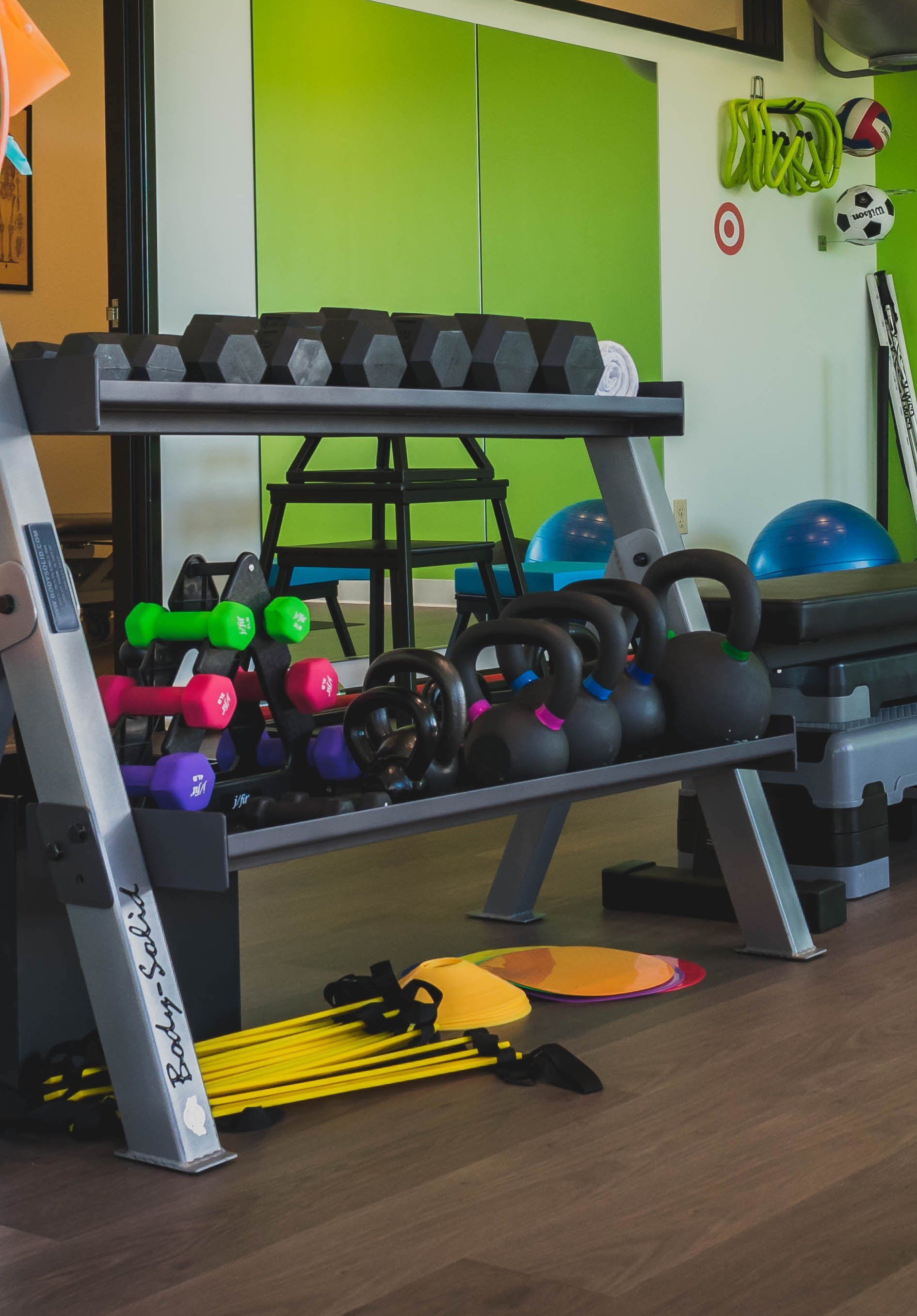Pediatric Pelvic Health
Pediatric Pelvic Health: Ensuring Well-being and Development
Introduction
Welcome to our physical therapy topic of pediatric pelvic health. While pelvic health concerns are often associated with adults, it is crucial not to overlook the unique needs of children. In this article, we will delve into the importance of pediatric pelvic health and how physical therapy can play a significant role in ensuring the well-being and development of children.
Understanding Pediatric Pelvic Health
Pediatric pelvic health focuses on the musculoskeletal and neuromuscular function of the bladder, bowel, and pelvic floor in children and adolescents. The pelvic floor consists of muscles, ligaments, and connective tissues that support the pelvic organs, control bladder and bowel function, and contribute to core stability. Proper development and function of the pelvic floor are essential for overall health and quality of life.
Common Pediatric Pelvic Health Issues
-
Bedwetting (Nocturnal Enuresis)
Bedwetting is a common problem among children. Physical therapy can help address underlying pelvic floor muscle weakness or other issues such as constipation that may contribute to this problem.
-
Constipation and Bowel Incontinence
Children experiencing difficulties with bowel movements can benefit from pelvic floor retraining, bowel re-education, GI massage, and dietary modifications to establish healthy bowel habits.
-
Urine Incontinence
Urine loss in children can be caused by various factors, such as muscle tension or weakness. Physical therapy interventions such as creation of a voiding schedule, proper relaxation, and strengthening techniques can help alleviate symptoms and improve their quality of life.
-
Posture and Impaired Intra-abdominal Pressure Management
Poor posture and pressure regulation can negatively impact pelvic health and symptoms. Physical therapy can provide exercises and strategies to improve postural alignment and optimize pelvic floor function.
Role of Physical Therapy in Pediatric Pelvic Health
Physical therapists specializing in pediatric pelvic health work closely with children and their families to address specific concerns. They employ a variety of techniques and interventions, including:
- Pelvic Floor Muscle Training: Targeted exercises to strengthen or relax the pelvic floor muscles, depending on the individual needs of the child.
- Biofeedback: Using specialized equipment to provide real-time feedback on muscle activity, helping children develop awareness and control over their pelvic floor muscles.
- Education and Lifestyle Modifications: Educating children and their families about healthy bladder and bowel habits, voiding schedules, postural awareness, and promoting overall pelvic health.
- Manual Therapy: Gentle techniques to release muscle tension and improve mobility in the pelvic, abdominal, and hip region, promoting optimal function.
- Collaborative Approach: Working closely with healthcare professionals, including pediatricians, urologists, and gastroenterologists, to provide comprehensive care.
When to Seek Pediatric Pelvic Physical Therapy
Parents should consider seeking pediatric pelvic physical therapy if their child experiences:
- Persistent bedwetting beyond the age of five
- Frequent urinary tract infections
- Constipation or difficulty with bowel movements
- Loss of urine during the day
- Increased frequency of urination
- Fecal smearing or loss of stool
- Feeling of incomplete bladder emptying
Conclusion
Prioritizing pediatric pelvic health is crucial for the well-being of children in need. Physical therapy plays a vital role in addressing difficult issues that many children face. Pediatric pelvic floor PT care can alleviate these symptoms to improve your child’s self-esteem and mental health. If you have concerns about your child’s current toileting habits, don’t hesitate to consult with a pediatric pelvic physical therapist for a comprehensive evaluation and personalized treatment plan. Remember, early intervention and support can make a significant difference in your child’s overall health and quality of life.
